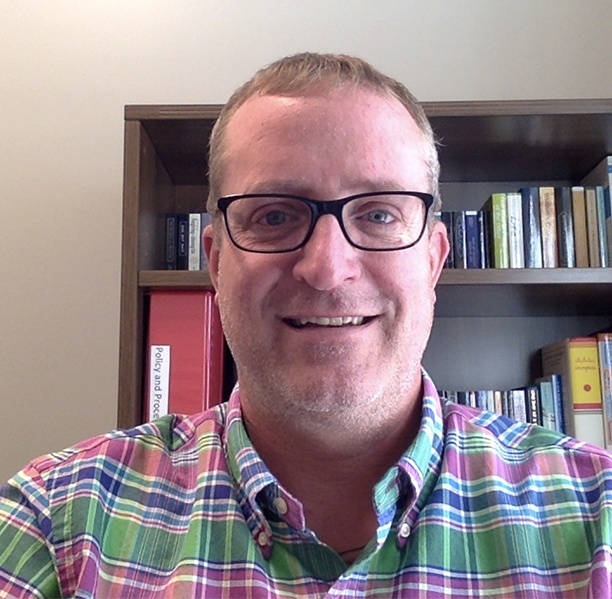If you or someone you love lives with anxiety and it impairs day-to-day functioning, it is important to seek support from a licensed mental health professional. At Recovery Club America our licensed therapists and psych nurse practitioners can create an effective treatment plan to help.
Understanding Anxiety Disorders:
About 19% of US adults and 31% of adolescents ages 13-18 experience anxiety each year, according to the National Institute of Mental Health (NIMH). Several major types of anxiety disorders can be treated using therapeutic approaches alone. One-on-one therapy alone has shown better results than someone just taking medications alone. If someone does require medications to help with anxiety it is recommended that the person does therapy as well. People can suffer from Panic Disorders, Obsessive-Compulsive Disorder (OCD), Phobias, Generalized Anxiety Disorder (GAD), Social Anxiety Disorder (SAD), and Post-Traumatic Stress Disorder (PTSD).
Symptoms Related to Anxiety:
There are social, emotional, and physical symptoms related to anxiety. Examples include:
- Emotional symptoms:
- Feeling irritable, on edge, keyed up most of the time
- Feeling restless and having difficulty concentrating
- Emotional outbursts that seem out of proportion to the circumstances
- Frequent nightmares
- Compulsive behaviors
- Social symptoms:
- Avoiding social activities and interactions
- Withdrawing or isolating from former peer groups
- Spending increasing amounts of time alone
- Declining work performance
- Physical symptoms:
- Headaches or Migraines
- Nausea and stomach problems
- Fatigue
- Aches and pains
- Changes in eating habits
- Changes in sleeping habits
Untreated anxiety issues can lead to other mental and physical conditions or problems. At Recovery Club America you will work with a licensed therapist to take an assessment to provide quality results for the treatment options best suited to support the specific anxiety disorder you have in life.
Therapy can help you uncover the underlying causes of your worries or fears; learn how to relax; look at situations in new, less frightening ways; and develop better coping and problem- solving skills. Therapy gives you the tools to overcome anxiety and teaches you how to use them. The length of therapy will depend on the type and severity of your anxiety issue. However many anxiety therapies are relatively short-term. Many people improve significantly within 8-10 therapy sessions. Recovery Club America provides on-line face-to-face therapy to help avoid the expense and inconvenience of having to meet in-person and being in a familiar, comfortable environment can make it easier to talk openly about your issues. Building a strong connection with your therapist often determines the success of therapy. In-person sessions can be arranged, if needed though.
The treatment plane you build with your therapist will be the foundation of the treatment process. Never forget that you build the treatment plan along the goals you want to achieve. Treatment plans are not the goal of your therapist. You are in control of your treatment process always. Of course, your therapist can give you suggestions to help with the goals you want to achieve but will never tell you what goals to achieve in therapy.


